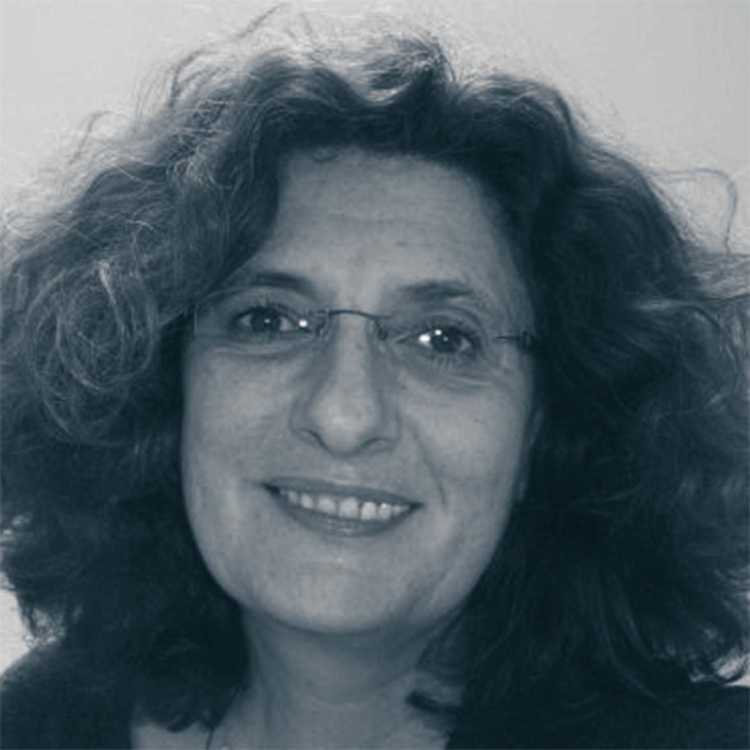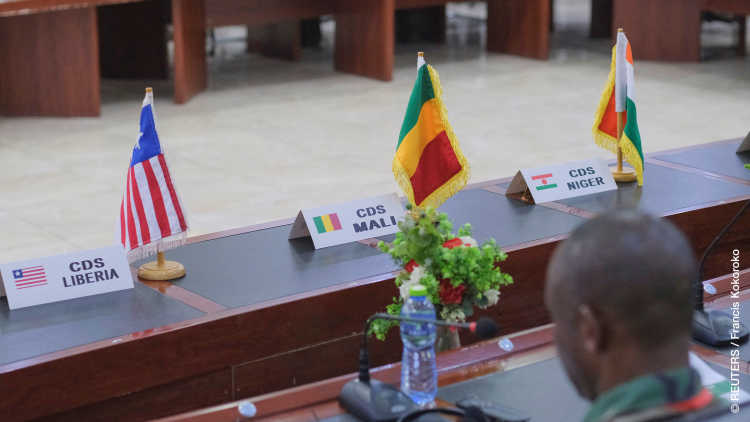GIGA Insights | 09/04/2024
Change of Power in Senegal: What Bassirou Diomaye Faye Will Do for the Country
Senegal has elected a new president. Opposition politician Bassirou Diomaye Faye won the election with an absolute majority and was inaugurated on Tuesday. In this interview, GIGA researcher Martin Acheampong explains what the new head of state stands for, the condition the country is currently in, and what his election means for West Africa.
Who is the new head of state in Senegal, and what does he stand for?
Martin Acheampong: The meteoric rise to power of Bassirou Diomaye Faye caught many by surprise. The 44-year-old former tax inspectorate officer spent the 11 months preceding the presidential elections incarcerated alongside the then firebrand opposition leader Ousmane Songo. The Constitutional Council had ruled Songo ineligible for election in the presidential race after he was convicted of libel and “immoral behaviour” by the courts, among other trumped-up charges related to plotting an insurrection. His disqualification paved the way for Bassirou Faye, who had no prior executive leadership experience, to contest as a substitute candidate. On 14 March, ten days before the presidential elections, the two men were released from Cap Manuel prison, sparking widespread jubilation in Dakar, the Senegalese capital. They vigorously proceeded to campaign, and Faye won a first-round victory in the elections, appointing Songo as Prime Minister shortly after taking office.
Faye’s top domestic priorities include combating corruption, injustice, and poverty. He promises “systemic changes” to address these issues. His foreign policy is expected to mark a radical departure from the past, with indications of seeking “rupture” and “sovereignty” vis-à-vis former colonial power France. Both Faye and Songo have committed to either abolishing or revising the terms of the France-backed CFA currency, alongside renegotiating contracts with foreign companies.
How did the election and the election campaign proceed? What influence did the previous president Macky Sall have on the elections?
Acheampong: The elections were originally scheduled for 25 February. However, just three weeks before this date, President Macky Sall made a shocking announcement, cancelling the vote indefinitely due to what he termed a dispute between the National Assembly and the Constitutional Council, which could potentially affect the credibility of the electoral process. It all began when Senegalese lawmakers approved a parliamentary inquiry into the invalidation of the candidacy of some potential aspirants by the Constitutional Council. One of the disqualified candidates, Karim Wade, alleged that two of the Council’s members had questionable connections to Macky Sall’s favoured candidate, Amadou Ba. Sall justified his decision to postpone the election by citing the need for a national dialogue to ensure a more transparent and inclusive vote.
Civil society and the international community interpreted the decision as an attempt by Sall to indefinitely extend his mandate. Senegalese opposition parties also suspected that this could be a political manoeuvre to prevent the defeat of Sall’s preferred candidate, Ba, since Sall reiterated his intention not to run. The Constitutional Council ruled against the postponement and reinstated the electoral calendar, ultimately settling on 24 March.
Senegal is considered one of the most stable countries in West Africa. Is this image correct? What is the current condition of the country which Faye will be leading?
Acheampong: Within the West African sub-region, which many scholars have christened as the coup d’état belt of Africa, Senegal stands as a shining example. The country’s resolution of the constitutional crisis, the electoral victory of the opposition, and the peaceful transfer of power demonstrate that it is poised to bolster its enviable position as a bastion of stability and democracy in the region. Despite the significant political obstacles, including the delayed elections, the disqualification and imprisonment of opposition candidates, and Sall’s brazen attempt to postpone the election, the country managed to hold a free and transparent election, resulting in an opposition victory. In recent years, the military has assumed power in neighbouring Mali, Chad, Guinea, Burkina Faso, and Niger, albeit under politically resolvable circumstances. Faye’s administration should capitalise on the country’s democratic achievements by supporting its pro-democracy forces and fostering a reconciliatory and inclusive government. Immediate attention should be given to the current state of youth unemployment, with investments directed towards creating a peaceful democratic and economic environment for Senegal’s burgeoning youth population.
What does the election result mean for the wider region?
Acheampong: The message is clear: Despite the challenges of the electoral process, the country’s robust democratic institutions have proven their resilience. Both domestic political elites and the ECOWAS regional body must prioritise investment in strengthening democratic institutions. This election should serve as a catalyst for forging a unified West African democratic alliance against military coups and unconstitutional changes of government, as it demonstrates that change through the ballot box is achievable.
Expert
Interview: Lisa Sänger







